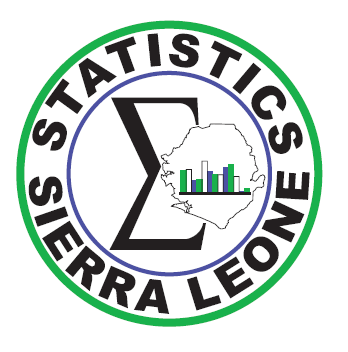UN Peacekeeping: not without our African partners
One hand cannot tie a bundle, an old saying holds. In United Nations peacekeeping, no maxim resonates more powerfully. A successful peacekeeping operation needs many hands to join in this crucial effort: the legislating hand of the Security Council, the generous hands of countries who volunteer troops, police and resources, and the welcoming hand of the host country.
United Nations peacekeeping is a global, united effort with Africa at its centre. Seven of the current 17 peacekeeping missions are on the African continent. African countries are active partners in all aspects of peacekeeping.
First, host governments work hand-in-hand with UN peacekeeping to restore security and stability to their countries after long years of conflict and violence. Millions of people continue to see the blue helmet as a source of hope. This security and stability is fundamental for governments, civil society, communities and the wider international community to be able to address humanitarian and long-term human and economic development needs.
African member states make decisions in the Security Council on mission mandates, and in the General Assembly on all matters of budgets as well as peacekeeping policy which impact the security situation on the continent.
Thirty-five African countries contribute almost 40,000 troops and police to current peacekeeping operations, more than a third of uniformed United Nations peacekeepers. African peacekeepers contribute to peacekeeping operations on the continent and beyond.
Not surprisingly some of the most innovative and important trends in peacekeeping have emerged in Africa and are implemented with our African partners at all levels.
The protection of civilians is now at the core of many of our largest African missions: in the DR Congo, where civilian populations continue to be threatened by armed groups, especially with horrific sexual violence against women and girls; in South Sudan, where peacekeepers play a major role supporting the government to prevent inter-communal violence; and in Darfur, Sudan, where the jointly led African Union-UN peacekeeping mission has brought a measure of security and stability to what had been one of the continent’s most violent places; and in Abyei, the disputed region between South Sudan and Sudan, blue helmets have helped to stabilize a situation where civilians were caught in the middle of conflict.
UN peacekeeping plays an important role supporting the courageous troops of AMISOM, the African Union’s peace support operation in Somalia. The Department of Field Support, peacekeeping’s sister department, provides comprehensive logistics support to help enable the mission to give the people of Somalia a chance to build a better future. This innovative approach is an example of how UN peacekeeping operates in a flexible way and in close partnership with key regional organizations.
Operationally, by working within Africa, we have been able to bring greater efficiency and effectiveness to mission logistics through our Regional Service Centre in Entebbe, Uganda. Through increased cooperation between African missions we have saved millions of dollars and improved services to our peacekeepers on the ground.
The African Union is indeed at the centre of our peace and security work in Africa. In Addis Ababa, we now have the United Nations Office to the African Union (UNOAU), led by the Secretary-General’s Special Representative. UN peacekeeping contributes to this relationship in the peace and security agenda. On another level, ECOWAS is a vital partner in West Africa, where large missions in Liberia and Cote d’Ivoire have significantly contributed to the stabilization of these two countries, and where we continue to be ready to assist as required on Mali.
Our partnership with IGAD is also an important part of our support of the AU political facilitation of a negotiated settlement to post secession issues between Sudan and South Sudan and to finding a lasting peace in Somalia/and in support of the operations of AMISOM in Somalia. Overall, our cooperation with the AU is good, but we can enhance it and the security benefits to the people of Africa.
The benefits of partnership are many and varied. Continual close political engagement with host countries enables us to ensure peacekeeping operations remain relevant and focused on real needs. African member states are well placed to formulate and review mandates and wider policy matters which impact the security situation on the continent. African troop and police contributors must be engaged as we look to improve continually the capabilities and flexibility of peacekeeping as a tool for international peace and security.
By working in partnerships, we bring a unique added legitimacy to UN peacekeeping, regional knowledge and focus and greater efficiency and effectiveness. On this International Day of United Nations Peacekeepers I reach out the hand of partnership to our African partners as together we face the peace and security challenges of the next decade. We all aim for a world and a continent without conflicts. At the same time, together, our partnership is the most effective way to keep the peace when we need to.
By Hervé Ladsous
The author is a United Nations Under-Secretary-General and head of the Department of Peacekeeping Operations.
Stay with Sierra Express Media, for your trusted place in news!
© 2012, https:. All rights reserved.





